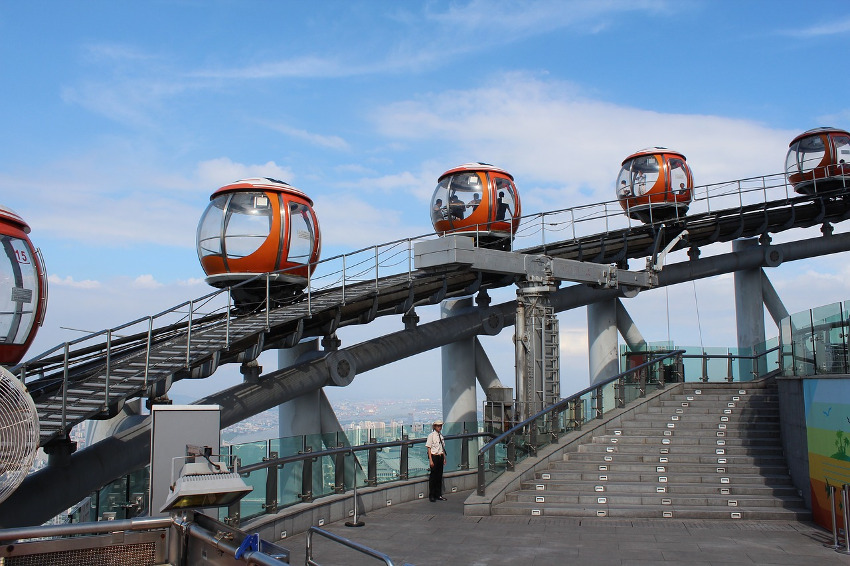This article was originally published by Chong Koh Ping at The Straits Times.
Editor’s note: One thing that I find remarkable about China’s meteoric rise as a global manufacturing powerhouse is the simple fact that they are able to adapt quickly without much fanfare – unlike most other countries on the planet.
Chinese city sets about transitioning from ‘factory of the world’ to centre for innovation and entrepreneurship
At one glance, it looks just like any other convenience store selling snacks, drinks and toiletries – except that there is no shop assistant.
To enter, one has to use a mobile phone to scan a QR code on the door. And to leave the shop, one has to repeat the process and pay for the purchase via a mobile payment system, before the door will unlock.
Called “Easy Go Future Convenience Store”, this shop at a commercial building in the heart of Guangzhou is operated via a mini app programme embedded in the ubiquitous mobile messaging app WeChat. Mini app programmes give users access to third-party apps without having to download them. They were introduced last January as a new function in WeChat, described by some as the most powerful mobile app in China.
WeChat – based in Guangzhou – has an ecosystem of mini-apps that enables users to do a wide range of tasks, including taxi booking and hotel check-in.
The local authorities say the birth of WeChat in this city of more than 20 million bears testament to Guangzhou’s draw as a test-bed for innovation and entrepreneurship.
This comes as the city works hard to move from “made in China” to “created in China”.
Guangzhou, one of the key cities on the Pearl River Delta that spearheaded China’s opening up 40 years ago, was called the “factory of the world”. It was a major driver of China’s export-led, manufacturing-based growth. But in recent years, it has fallen behind Shenzhen in the race up the innovation value-chain as China restructures its economy.
Guangzhou also risks losing its talents to Hangzhou in Zhejiang province, and Nanjing in Jiangsu province if it does not focus more attention on improving its policies, noted Ms Li Quliu, vice-president of Leafun, a firm that provides sound, light and video products to the creative cultural industry.

